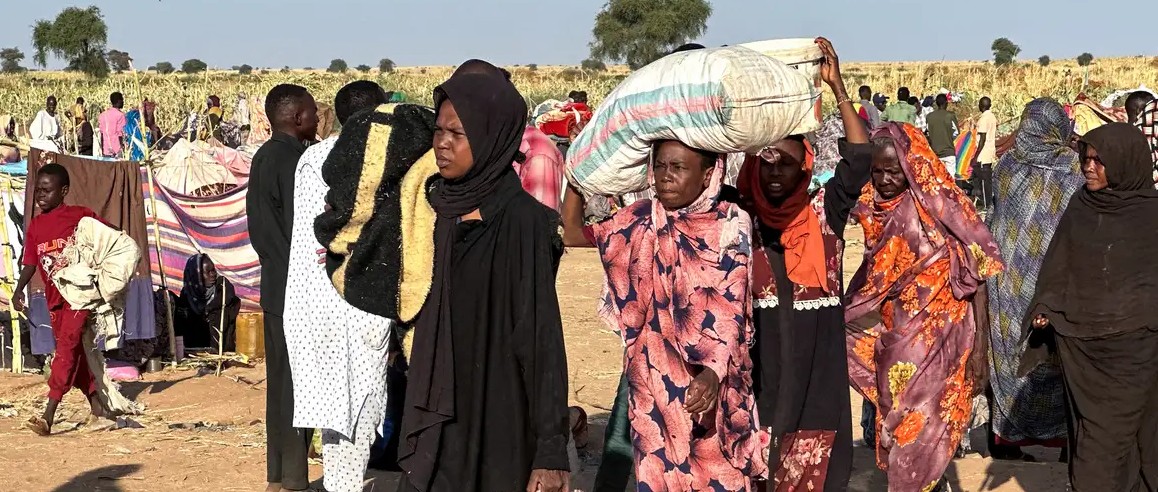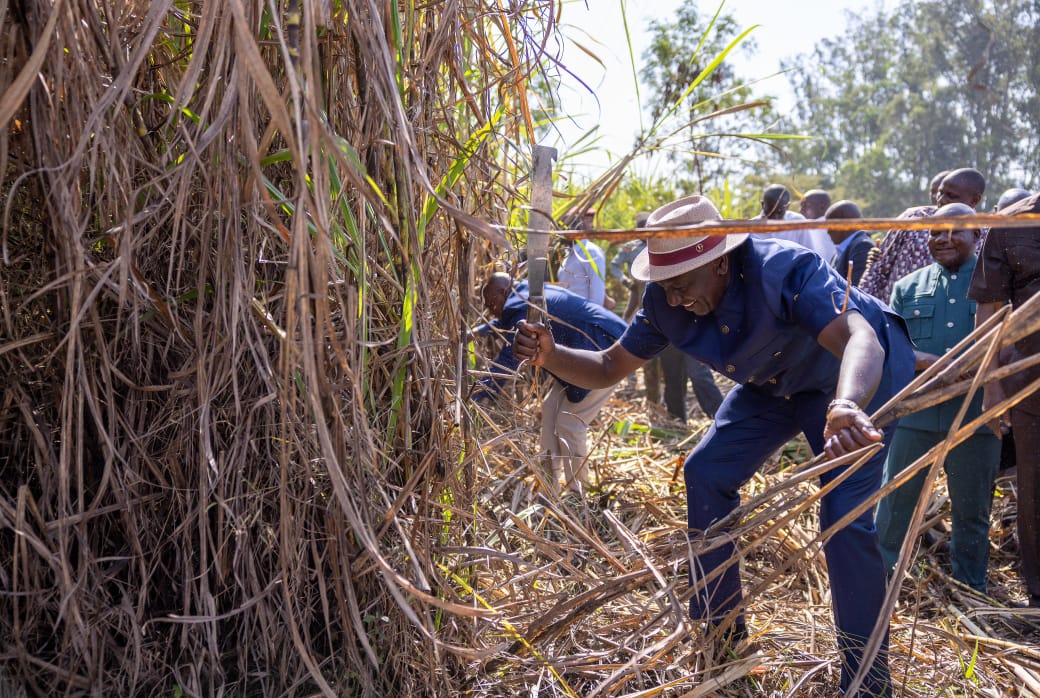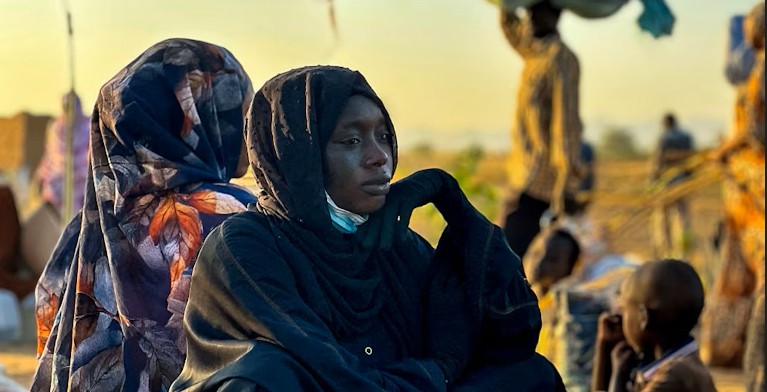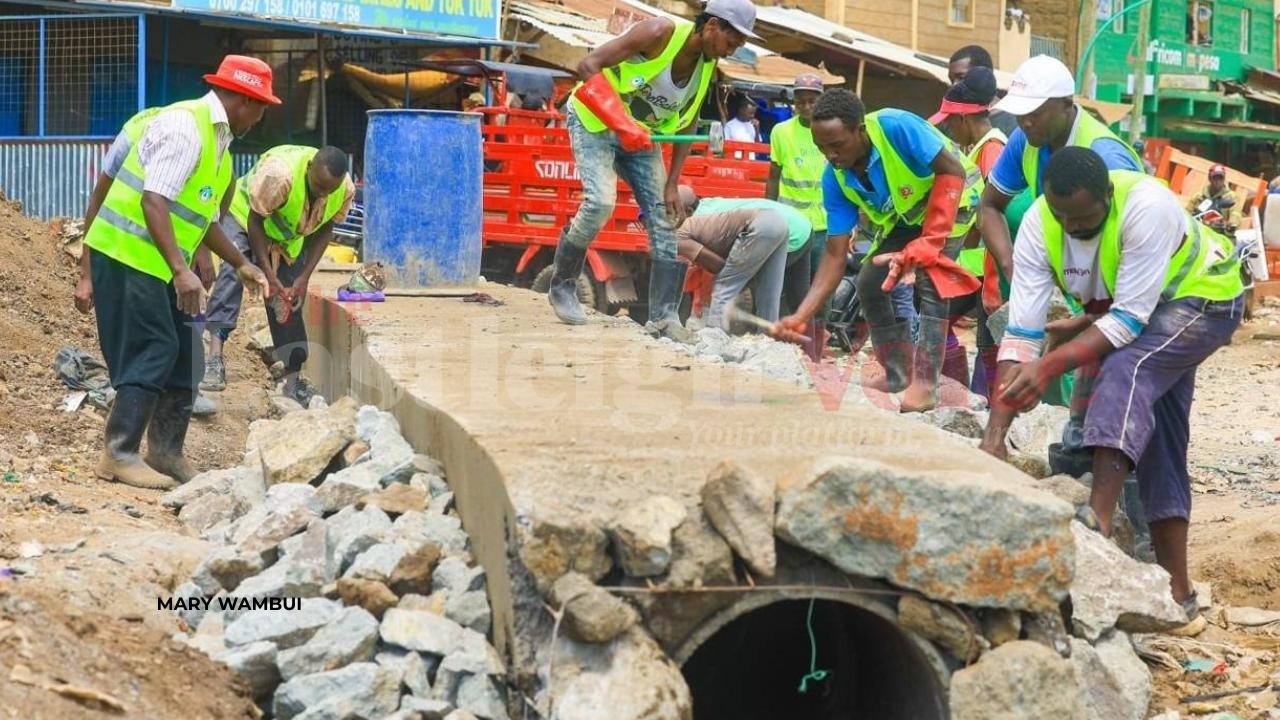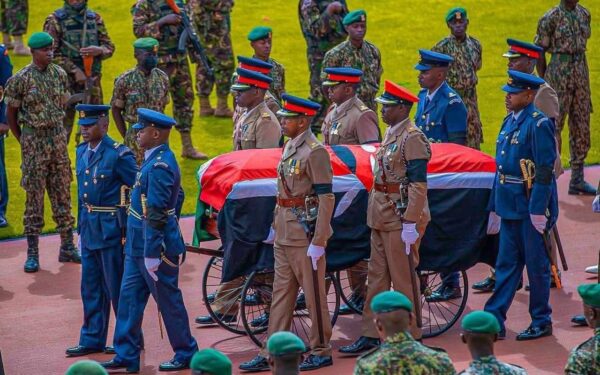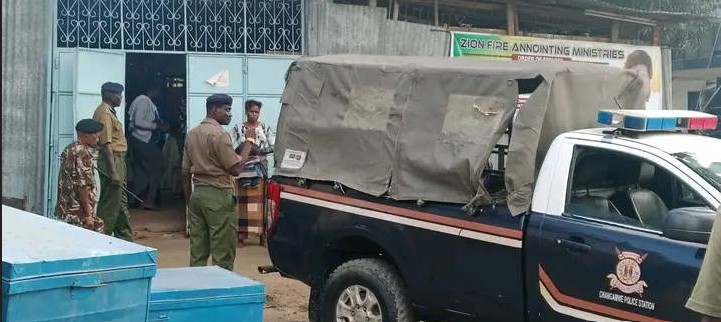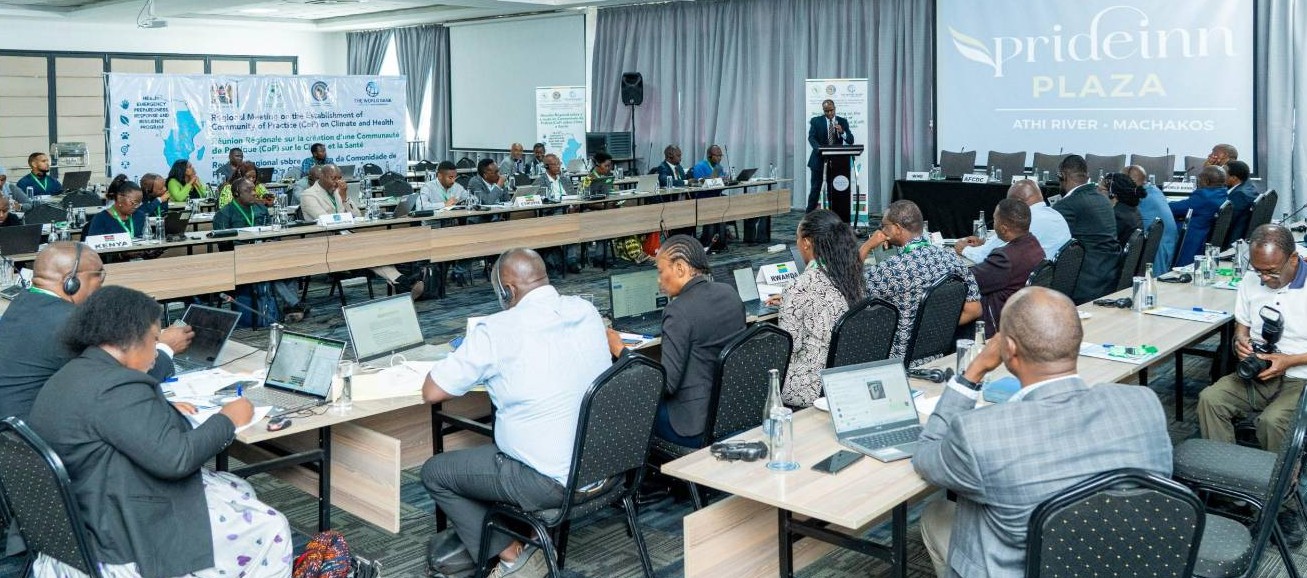NCIC worried by resurgence of criminal gangs at the Coast

Chairman Samuel Kobia singled out the coastal region as worst affected by gangs that have terrorised residents and left them fearful.
The National Cohesion and Integration Commission (NCIC) raised the alarm on Monday over the reemergence of organised criminal gangs in some parts of the country, especially urban areas.
Chairman Samuel Kobia singled out the coastal region as worst affected by gangs that have terrorised residents and left them fearful.
More To Read
- Kilifi closes 11 churches over radicalisation, lack of registration
- Malindi police arrest 42 suspected gang members in security sweep
- NCIC blames youth exclusion, poor leadership for deadly Gen Z protests, urges national dialogue
- Gachagua defends election chaos remarks, blames Ruto allies for "misinterpretation"
- NCIC maps violence hotspots ahead of 2027 polls, vows to name and shame hate offenders
- NCIC vows action against Gachagua over 2007/2008 post-election violence remarks
"While it is true that this social phenomenon of young people is a result of lack of formal employment, their regrouping and engagement in criminal acts pose a threat to the fragile social cohesion fabric," Kobia told a press briefing at their Upper Hill offices in Nairobi on Monday.
He warned that if not nipped in the bud, the gangs will erode peace, harmony and cohesion, and put national security at risk.
"Once they gain roots in the society, organised criminal gangs attain the power to challenge the security organs of the state, as in Haiti, Colombia, and other states in Central America."
The warning comes in the wake of increased incidents of gang robberies in Mombasa. In April, at least 177 suspected members of a criminal gang were arrested following a multi-agency operation after the business community raised concerns over the resurgence of gangs that have left them counting millions of losses.
CCTV footage from one of the streets in Mombasa's central business district (CBD) captured a group of criminals robbing unsuspected locals earlier this week.
The commission's Conflict Hotspot Mapping study of 2022 identified the role of organised armed youth criminal gangs. Despite efforts by authorities to curb their activities, these gangs continue to adapt and thrive, using sophisticated strategies to evade detection and maintain their power.
In response to this new peace-threatening development, the NCIC has established the Peace to the City Initiative programme, whose inaugural activity is to convene the Vulnerable Youth Summit in Nairobi in July 2024.
"Thereafter, we will roll out activities in other cities: Mombasa, Kisumu, Nakuru and Eldoret," Kobia announced.
The NCIC also spoke of increased terror attacks in some parts of the country, noting that the impact and cost threaten not only Kenya's fragile social cohesion fabric but also its economic development agenda.
"The radicalisation and violent extremism phenomena are disproportionately impacting youth and women from marginalised areas, notably, the northern Kenya border regions of Garissa, Mandera, and Wajir; the coastline border regions of Lamu, Kilifi, Kwale, Tana River, Mombasa, and parts of Nairobi County," said Kobia.
He promised they would continue to work with key stakeholders to facilitate disengagement and reintegration through psychosocial support and rehabilitation of returnees and leverage conversations based on emerging research to promote social cohesion.
"We shall continue to partner with inter-religious approaches and opinion leaders as agents of change," the chair said.
Further, the commission reported that it has received 67 cases, 43 of which are at different stages of investigation. Two are before the courts, 13 have been concluded, and 13 others have been conciliated as provisions of the National Cohesion and Integration Act of 2008.
Regarding social media platforms, the commission flagged 44 cases on discrimination, 24 on incitement, 6 on hate speech, 93 on misinformation, and 68 on disinformation - totaling 268 cases.
Top Stories Today
